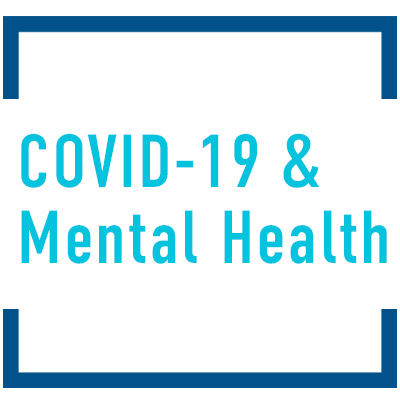Change, Transformation and Recovery During a Pandemic
It is interesting times when we as a community collectively experience such high level of stress due to this COVID-19 pandemic. The wearing of masks, social distancing, obsessive hand washing, stay-at-home mandate and forced self-isolation from family members and friends bring a unique challenge. Especially to high-risk groups such as those who are seeking help for addiction of alcohol and drugs.
The widespread shutdowns and social distancing measures have made it difficult for those seeking guidance and treatment for substance abuse issues to focus on recovery let alone access resources and support. Many support groups and community services were put on hold. People have been going through moments of anxiety, fear, anger, boredom and uncertainty for their health and their jobs. And they are forced to live an unfamiliar lifestyle — deprived of relationships.
Under normal environmental circumstances, recovering from alcohol and/or drug addiction is challenging. Forced isolation and shut down of major support meetings have heightened the triggers for relapse and intensified drug use.
It is no surprise, the coronavirus is harming the mental health of around half of Americans, according to a poll published by the Kaiser Family Foundation. Because of this national crisis, the United States has experienced a surge in alcohol sales and relapses as substance abuse becomes more prominent. Alcohol online sales are up 243%. Suicides are up 1,000%. Mental health phone calls to crisis lines are up 800%.
In a survey done by Recovery Village on substance abuse use in the last few months, in Minnesota alone, there has been a 68% increase in substance use (compared to 63% nationwide). Substance use related to:
- Stress 59% (52% nationally)
- Anxiety 38% (33% nationally)
- Boredom 38% (37% nationally)
Mental health professionals, therapists, alcohol and drug counselors have had to quickly adjust to the change in operations to keep needed services accessible and available to clients seeking recovery help. Staff had to immediately become adept and embrace telehealth services whether from home or in the office and adapt to not seeing clients in person.
Helping Families Faced with Addiction
Join clinicians and experts across St. Cloud and Central Minnesota for free webinar on Tues., Oct. 20 to learn about strategies, resources and care for families facing addiction.
The webinar begins with inspirational recovery speaker Tom Farley, who will share insights about families and addiction. He is the brother of the late comedic genius, Chris Farley, who struggled with substance use disorders before dying of a drug overdose.
Learn more and register online
CentraCare has acknowledged the need to keep mental health and addiction services available as an essential health service. St. Cloud Hospital – Adult Addiction Services has been able to keep outpatient services and programming open from the beginning of the pandemic. Staff adjusted and persevered through phone, web and video communication learning curves to stay connected to current clients who were in the program before COVID-19 restrictions hit and to welcome new clients seeking help in the midst of this health crisis.
Through it all, the struggles and concerns has brought a shared experience of clients and staff to greater empathy for the journey of recovery with the focus to bring some sense of normalcy and stability to our lives.
Both staff and clients together have had to dig deep to practice learned coping skills and truly live the serenity prayer — “accept the things I cannot change, the courage to change the things I can, and the wisdom to know the difference” even if it is “virtual.”
In this whirlwind of challenges, we have seen successes and hopefulness from clients who have had the “courage to change.” The transformation with resiliency in this new reality has shown recovery is possible!
